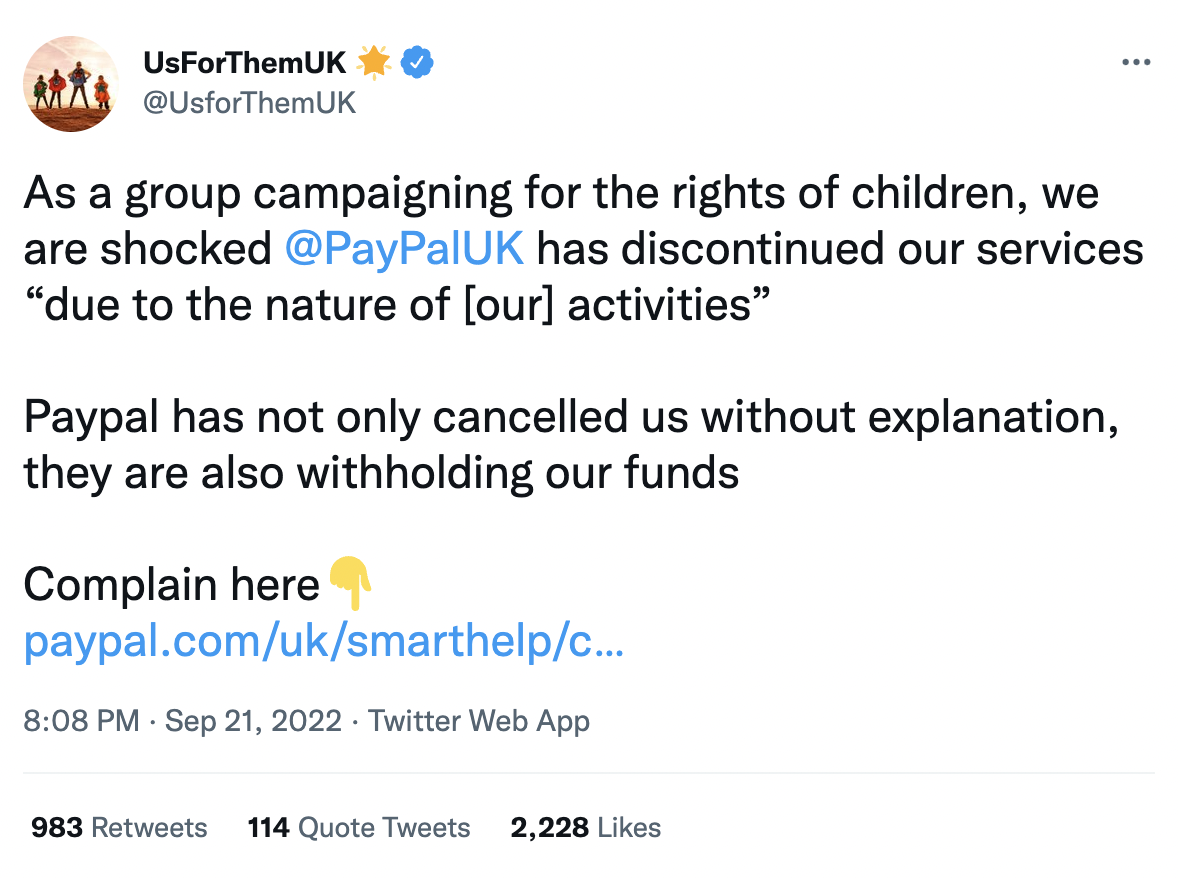The Enemy Of My Enemy Is Still My Enemy? Democrats Join Republicans Against Big Tech
It's so weird to find Democrats joining Republicans in legislation against #BigTech. I mean, these companies are basically giving Democrats everything that they want on a platter. They've bent over backward to serve their Democrat benefactors and it's still not enough. Not that I mind. They are hopefully going to get what they deserve. It just shocks me that Dems are working with Republicans on this. I guess we'll see where it goes...
Check out this snippet from Washington Examiner. The link to the full article is below:
Democrats seeking to rein in big business and Republicans worried about censorship have teamed up on legislation to regulate Big Tech, but the opportunity to pass technology-related legislation before the end of the term has shrunken significantly.
The fate of several technology-related bills is unclear in the few remaining months of the term after the August recess and before the midterm elections preoccupy members of Congress. Several of the bills address fears about tech companies' monopolistic control of the market or their handling of private information.
“It’s hard for me to imagine that Congress is going to go off in October to go campaign without passing at least one of those bills and at least one chamber,” Electronic Frontier Foundation’s Director of Federal Affairs India McKinney told the Washington Examiner.
The bill that has attracted the most attention in the last few months is Sens. Amy Klobuchar (D-MN) and Chuck Grassley's (R-IA) American Innovation and Choice Online Act. The bill, which targets Big Tech companies, would allow federal antitrust agencies to issue civil penalties to “covered platforms” such as Amazon and Google for unfairly preferencing their own products on their platforms. This has led some lobbyists, including those representing Amazon, to claim that passing this bill would hurt popular services like Amazon Prime’s free shipping. Klobuchar and Grassley have said that Prime would be spared.
The legislation was advanced by the Judiciary Committee to the Senate floor in January, but it has yet to be considered for a vote. While Klobuchar claims she has been working with Senate Majority Leader Chuck Schumer (D-NY) and that she has the votes, Schumer said at a private donor event on July 26 that he does not have the votes to get the legislation passed.
The Open App Markets Act is in a similar state. The bill, introduced by Sens. Klobuchar, Richard Blumenthal (D-CT), and Marsha Blackburn (R-TN), would attempt to prevent Apple and Google from engaging in “anti-competitive” practices on their mobile app stores. This includes forcing the companies to allow users to download apps from third parties. The bill was advanced by the Judiciary Committee in February and has received a notable amount of attention after Epic Games sued Apple for barring it from selling mobile users its currency without paying Apple its commission.
Another major bill being considered is the American Data Privacy and Protection Act, sponsored by Reps. Frank Pallone (D-NJ) and Cathy McMorris Rodgers (R-WA), which was advanced by the House Energy Committee on June 20. The legislation would change how companies across multiple industries handle consumer data and preempt most existing state privacy laws.
The House also has several other versions of similar tech legislation, although they have not had any significant developments since their referrals to committees in June 2021. Rep. David Cicilline (D-RI) sponsored his own version of AICOA alongside Lance Gooden (R-TX). Hakeem Jeffries (D-NY) sponsored the Platform Competition and Opportunity Act alongside Ken Buck (R-CO), which would prohibit dominant platforms from acquiring any businesses that may further expand their market control. The Ending Platform Monopolies Act was sponsored in the House by Rep. Pramila Jayapal (D-WA) and Gooden and would prohibit companies with multiple "business lines" from referencing their own products. The Augmenting Compatibility and Competition by Enabling Service Switching Act, sponsored by Mary Gay Scanlon (D-PA) and Burgess Owens (R-UT), would attempt to lower barriers to entry by promoting interoperability and data portability requirements. Finally, Joe Negue (D-CO) and Victoria Spartz (R-IN) sponsored the Merger Filing Fee Modernization Act, which would update the fees required for future mergers.
Read the full article at the link below.
Promo Code “PARALLEL” = 1 Free Month Subscription
LINK:
https://www.washingtonexaminer.com/policy/technology/tech-legislation-languishes-congress-august-recess


















